The current conflict in Ukraine has caused me to re-evaluate the entire ‘weapons industry’ ecosystem in the context of the investment industry’s ESG evaluation and selection mindset.
Commercial enterprises in the weapons manufacturing space are colloquially called DEFENSE companies, but any weapon can also be deployed offensively, thus negating their naming convention. Obviously, company management don’t commit their firms to war (mmm, or do they!) – war/armed conflict is good for business of course! But we hold our governments and associated agencies to account for maintaining our sovereignty and safeguarding national interests.
From a global investment industry perspective, it is fair to say that at both an equity and debt funding level the industry has ‘stepped up’ and withdrawn financial support to companies involved in the manufacture of what are categorised as ‘controversial weapons’ (See table below). A lot of available research evidences this withdrawal of financial support. A concerning issue though, is the fact that despite a multitude of global Treaty’s banning the use of various ‘controversial weapons’, there are still a substantial number of countries (Governments) that maintain stockpiles of these weapons, and as the current conflict in Ukraine demonstrates, are open to using them – Russia recently deploying cluster munitions, and further back in time, the USA using depleted uranium projectiles in their tanks to engage the Iraqi’s.
How then, from an ESG perspective, do you withdraw funding and support to assist in eradicating the world of their controversial menace – As an investment manager will you withhold purchasing US Treasuries, because the US Government is not destroying its stockpiles of controversial weapons (just one example – the list of countries that retain stockpiles of controversial weapons is too long to list here) – obviously not a chance.
However, this does open the avenue for more selective fixed income investing – perhaps into selective ‘Green Bonds’, where the capital funding gets deployed into clearly defined, visually verifiable and auditable, socially beneficial impact projects – infrastructure, agriculture etc.
How are you addressing these challenges?
Weapons specifically banned in treaties:
IMG 2953
Source: https://www.redcross.ca/how-we-help/international-humanitarian-law/what-is-international-humanitarian-law/weapons-and-international-humanitarian-law/ihl-treaties-and-the-regulation-of-weapons







